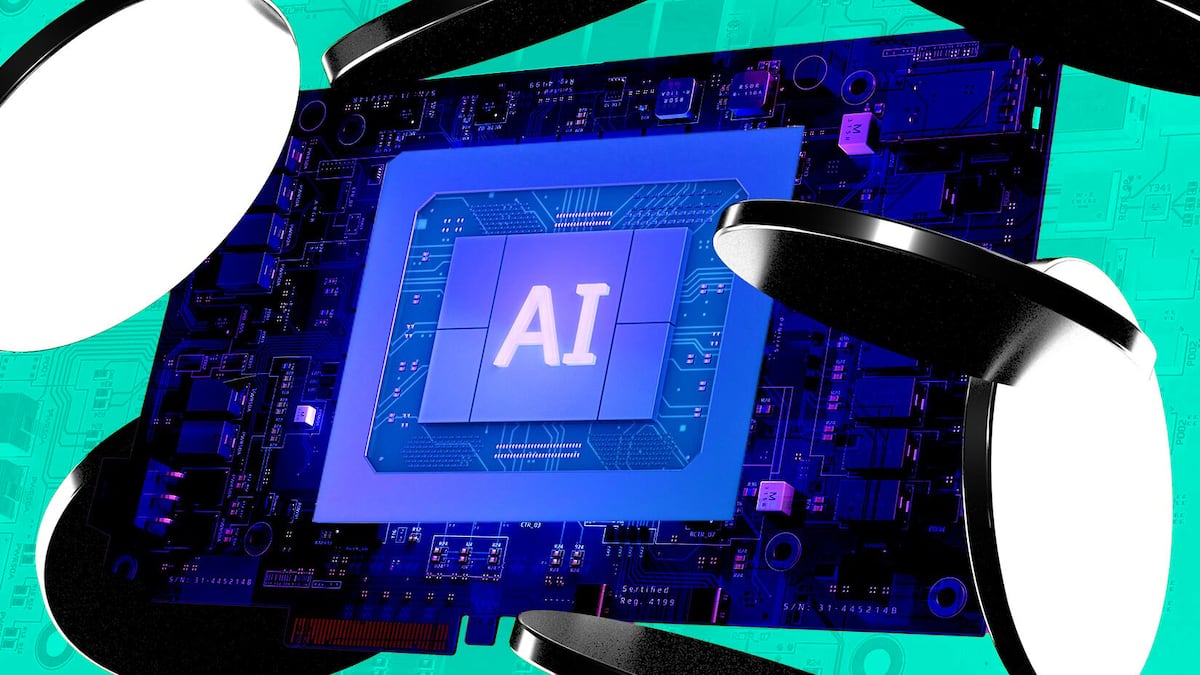- Ethereum developers are building protocols to help the blockchain accommodate AI agents.
- One protocol allows agents to find, vet, and work with one another without a centralised coordinator.
- It could undermine AI firms’ outsize influence over the economy.
The robots are coming to Ethereum.
Last month, the Ethereum Foundation announced dAI, a team that’s been tasked with boosting Ethereum as a settlement and coordination layer for “agents” — the AI-powered bots that could eventually handle everything from online shopping to money management.
Since then, we’ve seen two major developments on that front.
First, Coinbase and internet infrastructure giant Cloudflare created a foundation to promote a protocol that lets websites and APIs accept crypto payments, called x402.
Second, the dAI team and Metamask developer Consensys published a finalised version of a protocol that allows agents to find, vet, and work with one another without centralised intermediaries, called ERC-8004.
“Very soon, many of the services that we will buy and sell as consumers and producers will be intermediated by AIs,” Marco de Rossi, AI lead at MetaMask, told me.
“The question of who decides which AI we use and how we reach out to AIs is a question which is as big as the internet.”
De Rossi envisions a world where anyone can participate in the internet economy and where all the participants are able to interact with one another. That goes for people and for the machines working on their behalf.
“If we don’t have an open economy to do that, that means that we need to rely on an App Store-like solution where we have centralised players that basically decide who I can reach out to,” he said.
Here’s how it works. The 8004 protocol assigns agents NFTs. That’s their onchain identity, and it points to a registry that lists agents’ names, skills, and public endpoints.
Because it’s an open standard, any blockchain-based service can list any 8004-registered agent.
ERC-8004 also lets people (and agents) provide feedback. Potential feedback mechanisms range from the simple, such as customer reviews, to the complex, such as cryptographic proofs.
Rossi expects the customer review model to dominate in the early days of the blockchain-based agent economy. Think Amazon product reviews, with a twist.
“In your example with Amazon, Amazon is the owner of information,” de Rossi told me. “They can censor [reviewers]. They can remove them. While here, all the signals are public.”
But for agents with greater responsibility than, say, booking flights, a higher level of trust might be needed.
There, he envisions feedback models such as “stake-secured inference,” where validators check that an agent performed its task correctly before approving or rejecting the output.
The AI boom shows few signs of slowing down. In the US, it accounted for a greater share of GDP growth than consumer spending, and some now see a bubble poised to pop. Limiting AI firms’ outsize influence over the economy is part of what motivates de Rossi’s work.
“Large centralised AI players that control economies — that would be a very strong menace … to free markets and democracies,” he said.
Top DeFi stories of the week
This week in DeFi governance
VOTE: Arbitrum DAO votes to lower quorum requirement as participation falls “alarmingly low”
VOTE: Gnosis DAO votes to establish legal entity for VPN product
VOTE: Thorswap votes to use 20% of revenue for THOR buybacks
Post of the week
DeFi founders hailed their protocols for handling Friday’s crypto crash with aplomb. Losing all your money never felt so good.
It is rather unfortunate you lost your son’s college fund at the roulette table last night but I hope you noticed how smoothly the wheel was spinning and how efficiently the dealer scooped your chips off the table
— Gwart (@GwartyGwart) October 11, 2025
Aleks Gilbert is DL News’ New York-based DeFi correspondent. You can reach him at aleks@dlnews.com.


